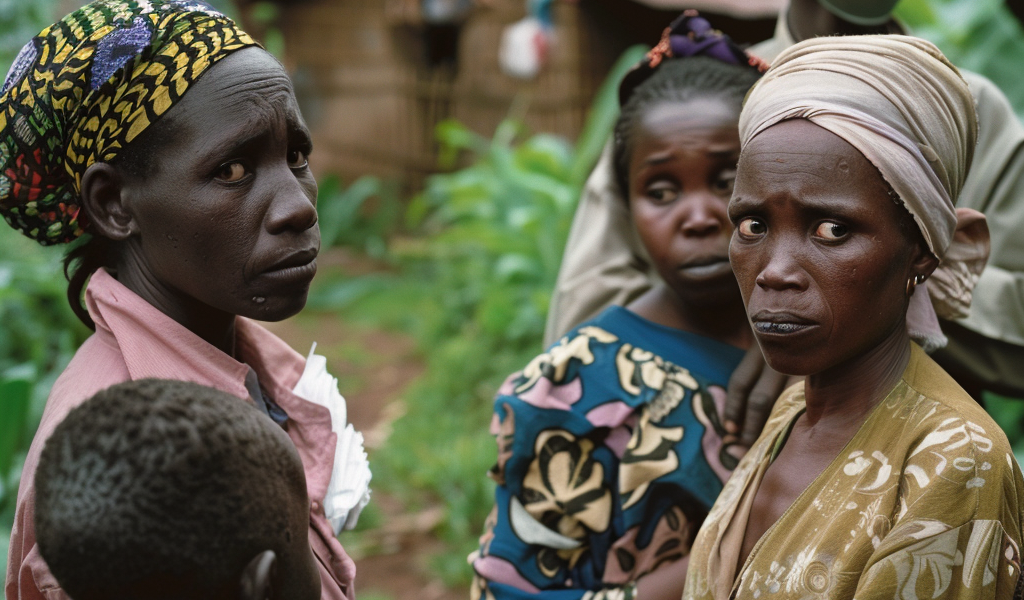A disturbing new illness has emerged in Uganda, particularly affecting the Bundibugyo district, where over 300 individuals have reported symptoms of a mysterious virus locally referred to as Dinga Dinga. This unusual condition has primarily impacted women and girls, leading to excessive body shaking that severely hampers mobility.
The symptoms associated with this illness include fever and uncontrollable shaking, which has been described as so intense that it makes walking nearly impossible. Local health officials are closely monitoring the situation, as the number of affected individuals continues to rise.
Dr. Kiyita Christopher, the district health officer, has provided insights into the nature of the illness and the ongoing response from health authorities. He confirmed that there have been no recorded fatalities linked to Dinga Dinga thus far. Patients are being treated with antibiotics, and Dr. Christopher emphasized that recovery is typically expected within a week.
In an effort to combat misinformation and ensure proper treatment, Dr. Christopher has urged residents to refrain from relying on herbal remedies, stating, “There is no scientific evidence that herbal medicine can treat this disease. We are using specific treatments, and I encourage everyone to seek medical attention at health facilities within the district.” This advice aims to direct patients towards effective medical care and away from unverified treatments that could hinder recovery.
The sudden emergence of Dinga Dinga has raised concerns among health officials and the local community. As they work to identify the cause and potential transmission routes of this illness, public health campaigns are being implemented to educate residents about the symptoms and the importance of seeking medical care.
In light of this situation, the Ugandan health ministry is collaborating with local health workers to monitor the outbreak and provide necessary resources to those affected. They are also conducting investigations to better understand the virus and its implications for public health.
The community’s response has been one of concern and vigilance, as families grapple with the impact of this mysterious illness. Health officials are conducting outreach programs to ensure that residents are informed and prepared to handle potential cases effectively.
As the situation develops, health authorities remain committed to providing accurate information and resources to combat the spread of Dinga Dinga. They are also encouraging the public to report any unusual symptoms or health concerns to facilitate timely medical intervention.
In addition to the immediate health concerns, this outbreak underscores the need for ongoing research into emerging diseases and the importance of public health preparedness in response to such incidents. The Ugandan government is expected to continue monitoring the situation closely, adapting their strategies as more information becomes available.
Residents are advised to stay informed through official health channels and to prioritize their health by seeking professional medical advice if they experience any symptoms related to this illness. The collective effort of the community and health authorities will be crucial in managing and ultimately overcoming this health crisis.





